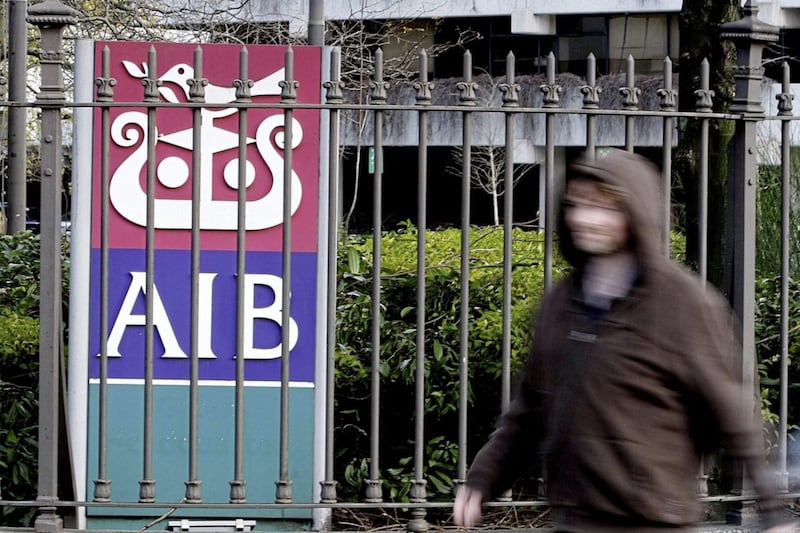WITH the summer lull now out of the way, global policymakers are refocusing on the key issues at hand. Chief among these is the issue of Brexit.
The topic was discussed at the recent G20 meeting in China and is also the basis of this week’s informal EU leaders meeting (the UK is not attending) in Bratislava.
The financial markets have taken a more sanguine view of Brexit recently, on the back of UK macro data tending to surprise to the upside of expectations. However, the Brexit process is only getting started.
Indeed, until the UK triggers Article 50, the official negotiation process cannot get under way. Current indications are that this will happen in early 2017. On this basis, it is likely to be 2019 at the earliest before the UK’s exit from the EU is concluded.
Indications from the EU are that talks on a new trade deal can only begin after the UK leaves the EU, meaning any exit deal may just contain an interim trade arrangement.
Key EU policymakers have stressed that access to the single market requires freedom of movement. It is also important to bear in mind that EU leaders will not want to create a precedent of an easy exit from the EU that other countries might be tempted to follow.
Based on recent comments from members of the Cabinet, there seems to be some disagreement on the strategy for exit talks and what type of Brexit the government wants. Overall, the Brexit process is likely to prove long and difficult and the financial markets’ complacency on this issue may well be misplaced.
Plenty of focus will remain on the UK this week, with the monthly Bank of England Monetary Policy Committee (MPC) meeting on Thursday. The MPC voted to cut the UK Base Rate by 0.25 per cent at its last meeting in August, while also announcing fresh quantitative easing to support the economy following the Brexit vote.
Since then, the UK economic data has suggested that the immediate impact of the referendum outcome on the UK economy has been negligible. However, Bank of England officials have reiterated the view that they expect the economy to slow as a result of the Brexit vote, while also emphasising their willingness to ease policy further if required.
The consensus is that the UK central bank will not announce further changes to policy this week. The financial markets will be analysing the minutes from the meeting to see if they suggest more easing is likely before the end of the year.
In terms of UK data, a raft of labour market releases will be looked to for any impact of the Brexit vote on the jobs front. The unemployment rate is anticipated to have held at 4.9 per cent in the three months to July. Earnings growth is forecast to fall to 2.1 per cent, from 2.4 per cent.
The claimant count is expected to have risen slightly in August. More importantly, retail sales for August are also due and are predicted to decline following July’s rebound.
Retail sales for August are also the main release in the US this week. The expectation is that US sales remained flat in the month, following July’s disappointing result. However, these figures are nominal and are impacted by lower gasoline prices.
The timelier Michigan measure of consumer sentiment looks to have edged up in September, from an already solid level. On the output side of the US economy, industrial production is forecast to be broadly unchanged in August, following July’s strong utility sector led increase.








